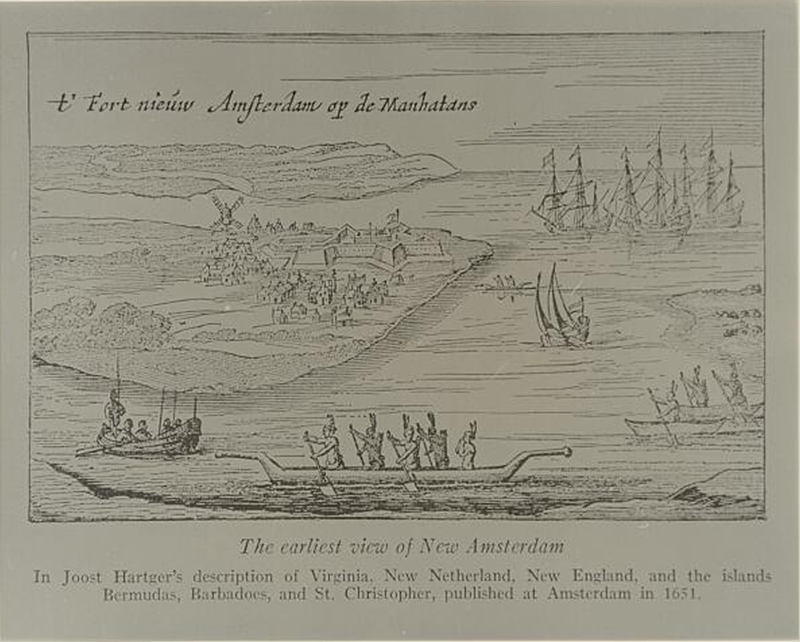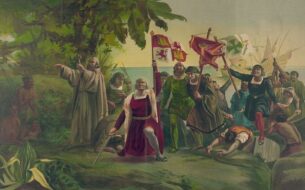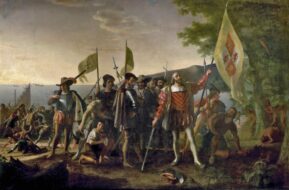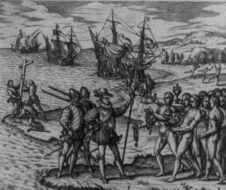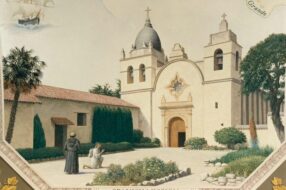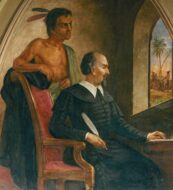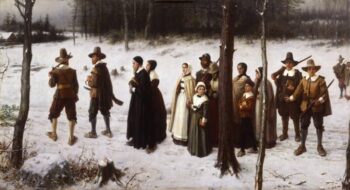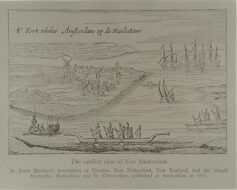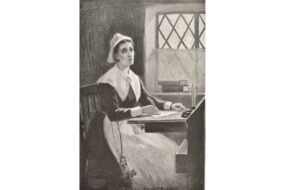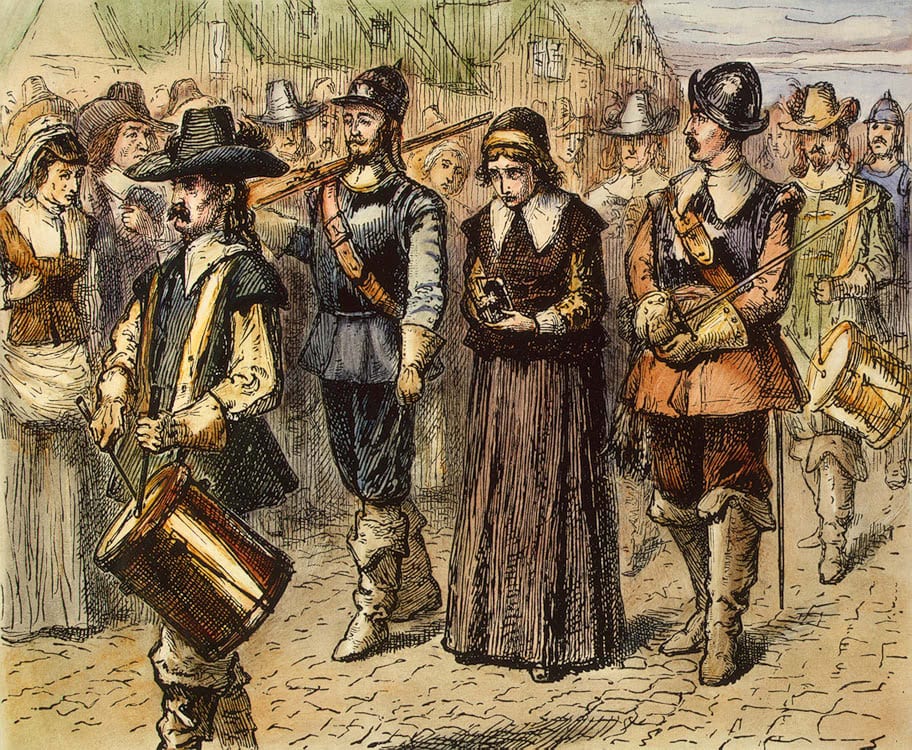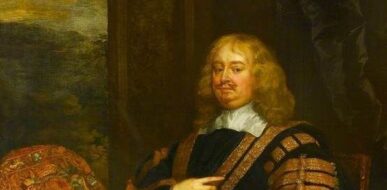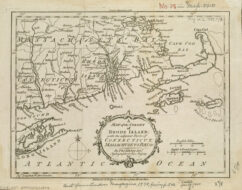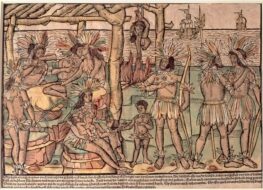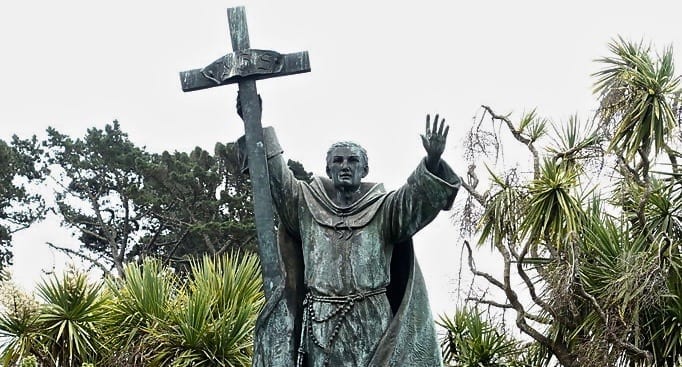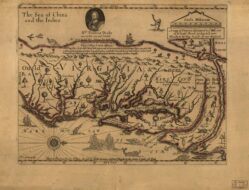Introduction
Jonas Michaelius was the first minister of the Dutch Reformed Church in what is today the United States. He arrived in New Amsterdam (modern-day New York City) in January 1628. Several months later, he wrote to his friend Adrian Smoutius, another clergyman, living in Amsterdam in Holland.
In the letter Michaelius described to his friend what he considered the degraded existence of the Indians. In this selection, he discussed his plan to educate Native youth, without proposing any uplift for their parents or other adults. This became the pattern for Indian education by non-Natives until well into the twentieth century.
—Jace Weaver
A Tribute to the Settlement of Manhattan Island, Now New York, by the Dutch, Early in the Seventeenth Century (New York: The Consistory of the Collegiate Reformed Dutch Church, 1926), 34–12.
As to the natives of this country I find them entirely savage and wild, strangers to all decency, yea, uncivil and stupid as posts, proficient in all wickedness and godlessness, devilish men, who serve nobody but the Devil, that is the spirit, which, in their language, they call Manetto: under which title they comprehend everything that is subtle and crafty and beyond human skill and power. They have so much witchcraft, divination, sorcery and wicked tricks that they cannot be held in by any bands or locks. They are as thievish and treacherous as they are tall; and in cruelty they are more inhuman than the people of Barbary and far exceed the Africans. . . .
How these people can best be led to the true knowledge of God and of the Mediator Christ is hard to say. . . .
It would be well then to leave the parents as they are, and begin with the children who are still young. So be it. But they ought in youth to be separated from their parents: yea, from their whole nation. For, without this, they would forthwith be as much accustomed as their parents to heathenish tricks and deviltries, which are kneaded naturally in their hearts by themselves through a just judgment of God; so that having once, by habit, obtained deep root, they would with great difficulty be emancipated therefrom. But this separation is hard to effect; for the parents have a strong affection for their children and are very loath to part with then: and, when they are separated from them—as we have already had proof—the parents are never contented, but take them away stealthily or induce them to run away themselves. Nevertheless, although it would be attended with some expense, we ought, by means of presents and promises, to obtain the children with the gratitude and consent of the parents; in order to place them under the instruction of some experienced and goodly schoolmaster, where they may be instructed not only to speak, read, and write in our language, but also especially in the fundamentals of our Christian religion, and where, besides, they will see nothing but the good example of virtuous living; but they must sometimes speak their native tongue among themselves, in order not to forget it, as being evidently a principal means of spreading the knowledge of religion through the whole nation. . . .


